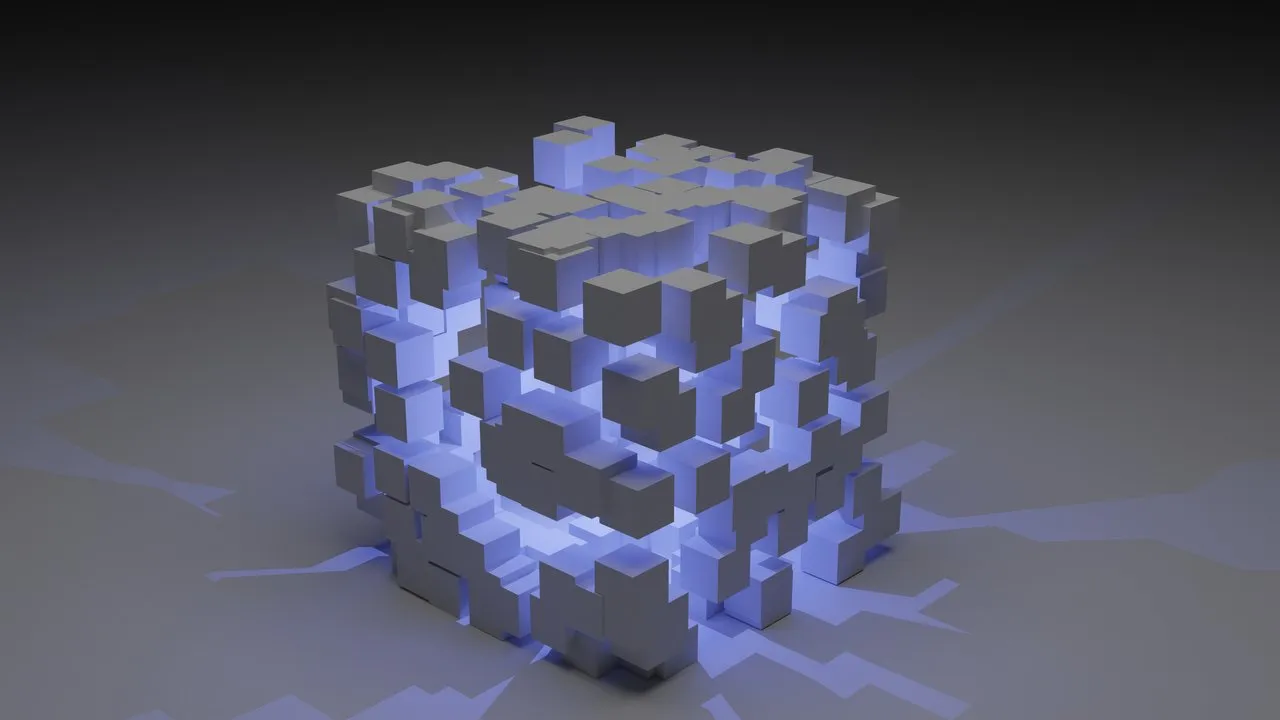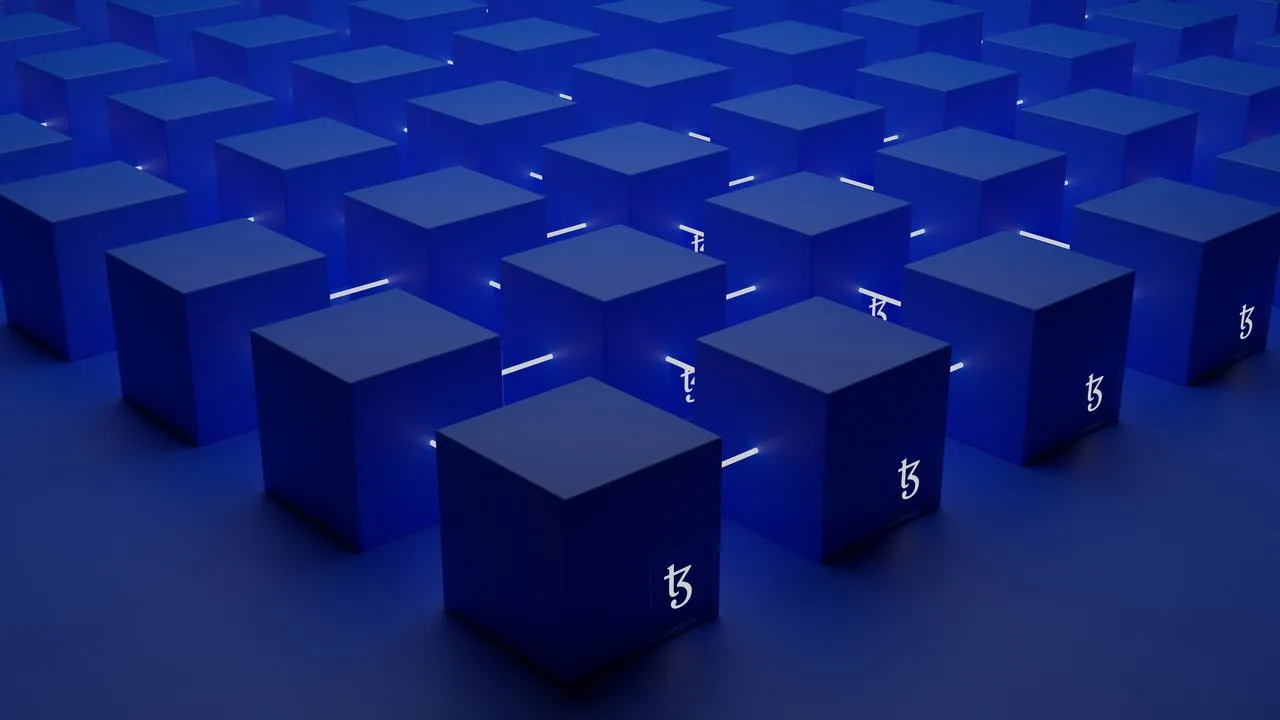Web3 is a term that refers to the development of the decentralized web, which uses blockchain technology to enable peer-to-peer communication and transactions without the need for a central authority. If you are interested in pursuing a career in the field of web3, there are a number of different roles you might consider, including:
Blockchain developer: These professionals build and maintain decentralized applications (DApps) using languages such as Solidity or Vyper.
Smart contract developer: These developers create self-executing contracts with the terms of the agreement between buyer and seller being directly written into lines of code.
Blockchain designer: These professionals design the user experience and user interface for decentralized applications and platforms.
Blockchain project manager: These individuals are responsible for planning, coordinating, and leading the development of blockchain-based projects.
Blockchain business development: These professionals identify and pursue new business opportunities in the blockchain space, including partnerships and collaborations with other companies.
To get started in a career in web3, you will likely need to have a strong foundation in computer science, as well as experience with programming languages such as JavaScript and Python. Familiarity with blockchain technology and smart contracts will also be beneficial.
- A blockchain developer is a software developer who specializes in building and maintaining decentralized applications (DApps) using blockchain technology. These professionals work with programming languages like Solidity and Vyper to build smart contracts and DApps that run on blockchain platforms such as Ethereum.

The responsibilities of a blockchain developer may include:
- Designing and implementing smart contracts
- Building and maintaining DApps
- Testing and debugging code
- Collaborating with other developers and stakeholders to ensure the successful deployment of DApps
- Keeping up to date with developments in the blockchain industry and integrating new technologies as appropriate
To become a blockchain developer, you will typically need a strong foundation in computer science and experience with programming languages such as JavaScript, Python, and C++. Familiarity with blockchain technology and smart contracts is also essential. You may consider pursuing a degree in computer science or a related field, as well as gaining practical experience through internships or projects.
A smart contract developer is a software developer who specializes in creating self-executing contracts with the terms of the agreement between buyer and seller being directly written into lines of code. These contracts are stored and replicated on a blockchain network, and are automatically enforced, allowing for the automation of complex processes and the removal of intermediaries in transactions.

To become a smart contract developer, you will typically need a strong foundation in computer science and experience with programming languages such as Solidity, Vyper, and JavaScript. Familiarity with blockchain technology and smart contracts is also essential. You may consider pursuing a degree in computer science or a related field, as well as gaining practical experience through internships or projects.A blockchain designer is a professional who specializes in designing the user experience and user interface for decentralized applications (DApps) and platforms that run on blockchain technology. These professionals work with design tools such as Sketch, Figma, and Adobe Creative Suite to create wireframes, prototypes, and high-fidelity designs for DApps and other blockchain-based products.

The responsibilities of a blockchain designer may include:
- Collaborating with product managers, developers, and other stakeholders to define and refine the user experience for blockchain-based products
- Creating wireframes, prototypes, and high-fidelity designs for DApps and other blockchain-based products
- Conducting user research and testing to validate design decisions
- Ensuring that designs are consistent with branding guidelines and design systems
- Staying up to date with developments in the blockchain industry and incorporating new design trends and technologies as appropriate
To become a blockchain designer, you will typically need a strong foundation in design principles, as well as experience with design tools such as Sketch, Figma, and Adobe Creative Suite. Familiarity with blockchain technology and the design challenges specific to decentralized applications will also be beneficial. A degree in design or a related field, as well as practical experience through internships or projects, can help you develop the skills and knowledge needed to succeed in this role.
- Blockchain business development professionals are responsible for identifying and pursuing new business opportunities in the blockchain space, including partnerships and collaborations with other companies. They work to understand the needs and goals of potential partners, and develop strategies to bring mutually beneficial projects to fruition.

The responsibilities of a blockchain business development professional may include:
- Identifying potential partnerships and collaborations with other companies
- Establishing and maintaining relationships with industry partners and stakeholders
- Negotiating and closing deals
- Developing and presenting business proposals and pitches to potential partners
- Staying up to date with developments in the blockchain industry and identifying new opportunities for growth
To become a blockchain business development professional, you will typically need strong communication and negotiation skills, as well as a solid understanding of the blockchain industry and its players. A background in business development, sales, or a related field can be helpful, as well as experience with business development strategy and tactics. A degree in business, marketing, or a related field can also be beneficial.